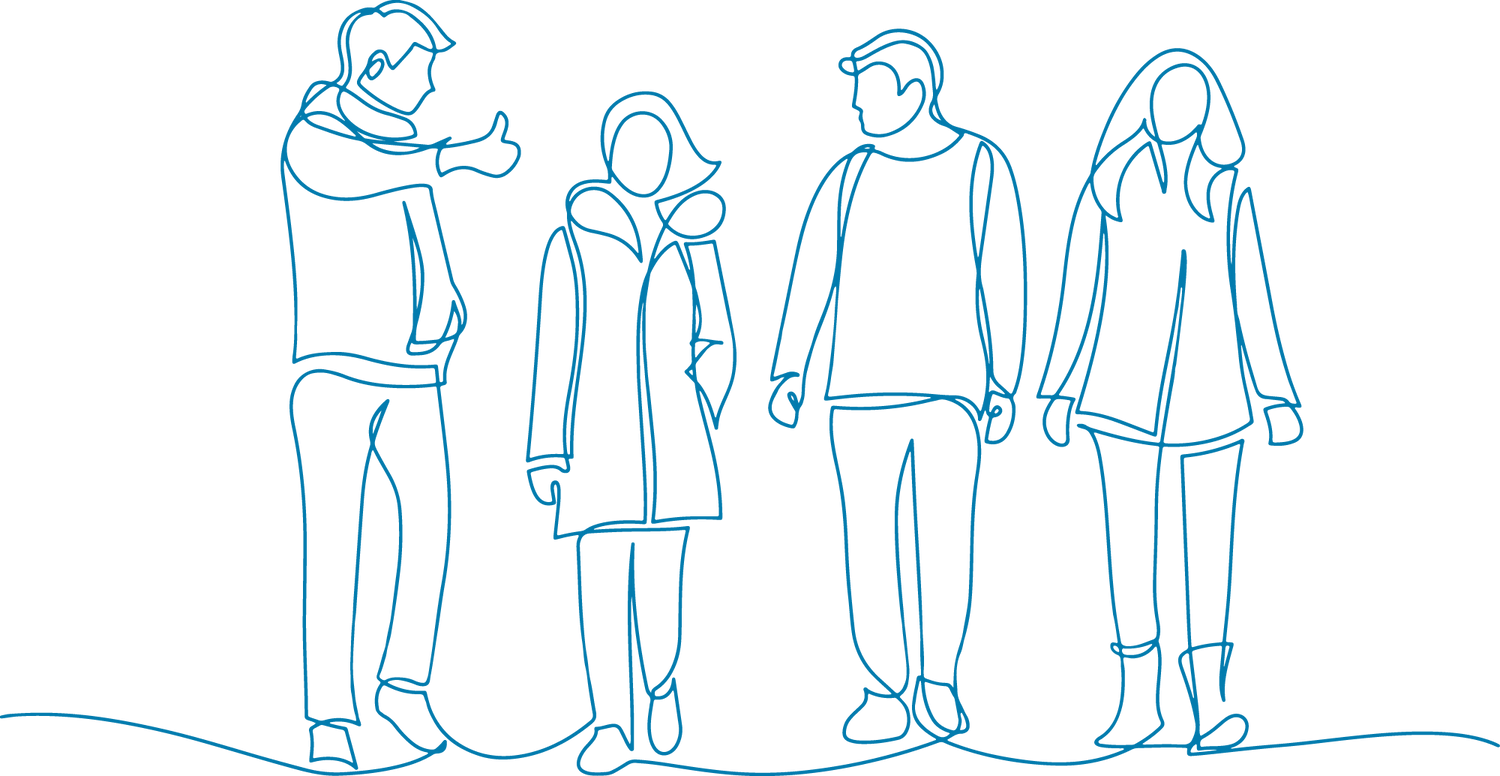Q: I don’t drink during the week, in fact sometimes I go for a couple of weeks without drinking but when I do drink I don’t have an off switch. I never seem to be able to stop and I end up getting so drunk I can’t remember things and I get embarrassed about when people tell me what I’ve done. Do I have a problem or can I cut down on the amount I drink at the weekends?
A: Hi Rae, and thanks for your question which will resonate with lots of people visiting this site.
Firstly, I want to explore the concept of what constitutes a “problem” with drink. Many people think it’s to do with the amount you drink and the regularity you drink. Most people would think it was a problem if you were drinking two bottles of vodka every day and you were having to drink first thing in the morning to feel remotely “normal”. Most people would recognise the damage this level of alcohol was doing to a body, both mentally and physically. Many people would give someone with this pattern of drinking the label of “alcoholic”. Most people would agree that this amount and regularity of alcohol consumption is unhealthy and problematic.
Many drinkers who have an unhealthy relationship with alcohol, whose drinking is a problem for them and who are actually damaging themselves but maybe not drinking two bottles of spirits a day, do a comparison thing. Or a justification thing.
They say things like:
- I don’t have a problem because I’m not drinking a bottle of spirit every day.
- I don’t have a problem because I’m not living on the streets and I’m holding down a good job.
- I don’t have a problem because I only drink after six o’clock.
- I don’t have a problem because I only drink at weekends.
- I don’t have a problem because I choose sophisticated wines and appreciate the taste.
Etc.
What constitutes a problem with drinking, or, as I prefer to call it, an unhealthy relationship with alcohol, is NOT the amount or regularity you’re drinking. It’s whether or not your pattern of drinking is healthy or unhealthy for you and how consciously you’re doing it. If your drinking is working for you and you’re happy with:
• what you’re drinking
• how you’re drinking
• how it makes you feel, act and think
• and how you feel after you’ve been drinking
• how it fits in with and enhances your life
then it’s not really a problem for you. You don’t have an unhealthy relationship with alcohol if you’re happy with it.
If, on the other hand, your relationship with alcohol involves a combination of three or more of the following:
• setting rules or patterns to your drinking (eg. only drink after 6pm)
• losing control of your drinking when you start (not having a stop button)
• having black-outs (waking up the next day and not remembering segments of
your evening)
• regularly feeling guilt, shame and fear about your behaviour when you’ve been
drinking
• telling yourself you’re going to not drink on specific occasions only to find
yourself on automatic pilot reaching for the alcohol anyway
• setting yourself sober targets (eg, a month of not drinking) and then not
carrying them through
• you’re planning your drinking and thinking about it too much (planning what to drink, when to start, how much to drink in front of other people, trying to drink in line with other people, worrying about what other people might be thinking about your drinking)
• you’re making sure you have the opportunity to indulge privately in the level of
drinking that you’ll be happy with (making sure you’ve got enough at home to
come back to, making sure you can stop off at the pub or the off-license on your
way home)
• you’re mapping your life around your drinking (reorganising appointments
because you feel hungover, giving yourself recovery or hangover days, putting
off tasks while you drink or recover from drinking)
then you’re giving too much thought, energy and time to alcohol and this is an unhealthy relationship.
People with a healthy relationship with alcohol don’t give it this much time and energy. They don’t think about it like this. They can tell when they’ve had enough to drink and can drink in moderation. They can go to events and stay sober. They can make one glass of wine last a whole meal. They just don’t give space and time to thinking about drinking.
Rae, you can judge for yourself whether or not your relationship with alcohol is a healthy or an unhealthy one. My guess is (and it’s only a guess) that because you’re here asking this question, you’re giving alcohol more thought, time and attention than someone would if they had a healthy relationship with their drinking.
Secondly, if you decide you have an unhealthy relationship with alcohol, what can you do about it? Or, as you put it in your question, can you cut down the amount you’re drinking so your drinking behaviour worries you less?
Again, only you can really answer this question for yourself. Have you already tried to cut down? How easily could you set yourself a drinking limit and stick to it?
Most of the people I talk to find that stopping drinking completely is much easier than trying to moderate or control their drinking. When they’re trying to moderate or control it, they’re still giving lots of thought, time and energy to alcohol and that’s effort. They find it far simpler and easier to just not drink – become a non-drinker. Okay, so this takes some time and practice initially, but once you’ve re-trained your brain and the not drinking alcohol becomes an automatic behaviour, it’s far simpler to live your life sober than to put energy into managing your drinking. It’s liberating beyond belief when you’re not having to think about drinking at all anymore.
The conclusion to my answer is that only you can decide if you have a problem or an unhealthy relationship with alcohol. And, only you can decide if you want to moderate and manage your drinking or if it’s best for you to stop completely. But you can use some of the ideas here to help you make that decision. You might find these three vlogs and blogs useful:
A sign that you have an unhealthy relationship with drink: you have rules!
How do I know if I have an unhealthy relationship with drink?
How do you know if you need to stop drinking?
If you do decide that you want to stop drinking completely, then you’re welcome to keep visiting this site, read and watch as many blogs and vlogs as you can to give you encouragement, ideas and motivation. Join and comment on the blogs and reach out if you need any extra support.
Sending you lots of warm wishes, Rae, whatever conclusions you come to.
Jo 😊


2 comments
Hi Kieran, Thanks for posting and sharing your story. You’ve described your situation really well and this will resonate with a lot of people. Well done on recognising that you want to do something about it. Stay in touch and use the resources here for motivation, support and encouragement. I’ll look forward to catching up with you soon, Jo
Hi i drink everyday. Five pints of guinness most days. Then home to a bottle of wine nearly every night. I know in my heart im doing myself harm. I dont fall out of the pub pissed. Fight or have blackouts. I seem too live in a quiet melancoly. Divorce didnt help. I really want to stop and was considering hypnosis. All i drink is wine and guinness. Im also type two diabetic. Not good.